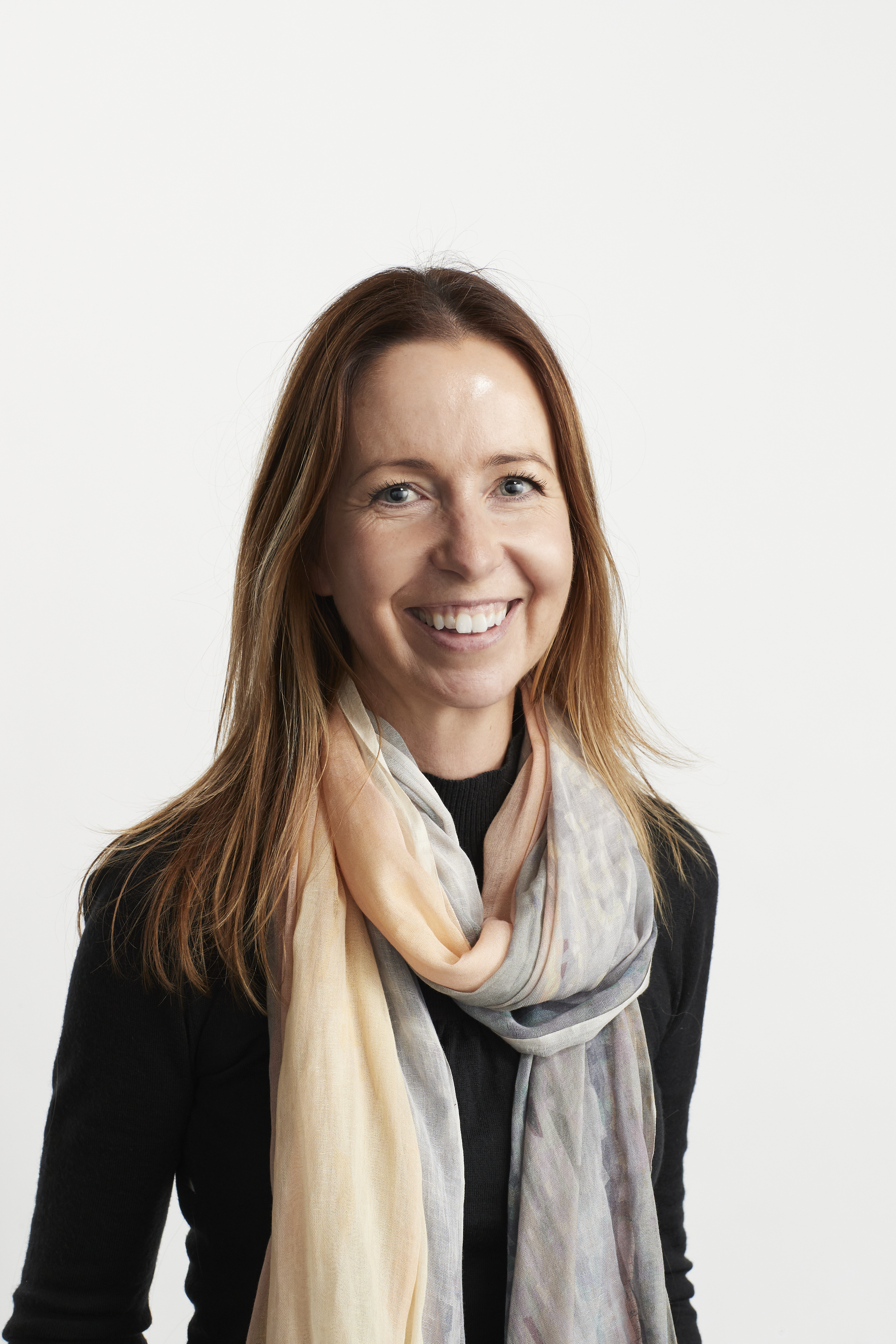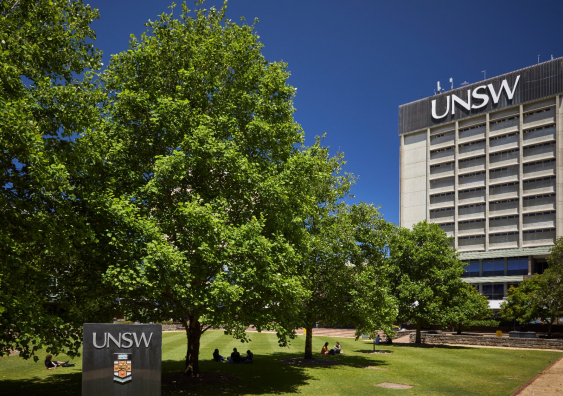UNSW secures five ARC Linkage Grants
24 June 2024

A UNSW project that will develop meta-expertise in facial recognition technology has received an ARC Linkage grant.
Adobe Stock
Researchers from the faculties of Engineering, Science, and Arts, Design & Architecture have received more than $3.5 million to work with industry and government partners.
UNSW Sydney researchers have been awarded more than $3.5 million in Australian Research Council (ARC) Linkage grants, opens in a new window to work with industry and government partners including the Australian Department of Foreign Affairs and Trade, and Finisar Australia.
UNSW Acting Deputy Vice-Chancellor Research & Enterprise (DVCR&E) Professor Merlin Crossley congratulated the researchers who received funding.
“ARC Linkage Projects play an important role in supporting national and international strategic research partnerships between researchers, industry and government. It’s wonderful to see five UNSW projects receive funding to develop work with their industry and government partners,” Prof. Crossley said.
“From converting textile waste into new product, to developing a wastewater process that operates with near-zero greenhouse gas emissions, our researchers will work with strategic partners to drive innovation for the benefit of all.”
A wastewater process with near-zero greenhouse gas emissions
Associate Professor Min Zheng from UNSW Engineering was awarded $1,464,484 to work with the Melbourne Water Corporation and Western Australia Water Corporation on a zero-emission nitrogen removal process.
The project aims to create a wastewater process that produces almost no greenhouse gas emissions. The project team will conduct thorough lab tests on this process, gain important insights for improving it and test it in real-world conditions.
“Two major Australian water utilities, which together serve about one-fourth of the country's population, have pledged to adopt this process. This will help provide lasting economic, environmental and social benefits to Australian communities,” A/Prof. Zheng said.
Meta-experts overseeing facial recognition technology
Associate Professor David White from UNSW Science was awarded $861,170 to work with the Department of Foreign Affairs and Trade to develop meta-expertise in facial recognition technology.
“Recent advances in artificial intelligence (AI) can protect Australian passports from identity fraud and improve identity management in society. However, to responsibly use AI, we need effective human oversight and there currently isn’t a clear definition of this role,” A/Prof. White said.
This project aims to understand how perception and thinking work together in making identification decisions, creating a new workforce of 'meta-experts' to oversee face recognition technology.
It will develop new tests for individual differences, targeted training and detailed face identification reports.
Digital Museology to share First Nations stories
Dr Andrew Yip from UNSW Arts, Design & Architecture was awarded $504,292 for a project that will co-design Aboriginal Digital Museology Frameworks in the Southern Gulfs.
“Museums worldwide are being more closely examined for how they portray First Nations peoples. Digital methods offer new ways to document and display cultural knowledge, but they can also worsen existing biases,” said Dr Yip.
This project, in collaboration with the Kaurna, Narungga, and Nukunu peoples from Australia’s Southern Gulf Country, aims to explore how a co-designed approach to digital museum practices can effectively record and share First Nations stories.
The project will produce new interactive tools for museums and communities to collect and interpret cultural data, enabling increased influence for First Nations peoples in institutions.
Next generation optical switch technology
Dr Aron Michael from UNSW Engineering was awarded $481,098 for a project that will work with Finisar Australia to develop next generation optical switch engines.
“Data centres around the world consume a huge amount of power due to their use of electrical switches. To decrease this power, we need to replace the electrical switches with optical switches. However, the main optical switch technology developed by Finisar Australia has issues with power, speed and mass production,” explained Dr Michael.
This project aims to create a new optical switch technology using lead titanate (PT) films on silicon to solve these problems. It will expand current understanding of the optical properties and microfabrication of PT-based films on silicon. It’s hoped the results will help Finisar Australia take advantage of the large data centre market and develop new display technologies.
Converting waste clothing into new products
Professor Alison Gwilt and Chief Investigator Dr Zoe Veness from Arts, Design & Architecture were awarded $220,473 for a project that aims to create a framework to turn waste clothing into new products.
Working with AnglicareSA and JamFactory, this project will show how conserving resources can be improved by converting waste textiles into new products.
“It will change how we view textile waste and demonstrate how it can be creatively reused in small-scale production, benefiting local communities and businesses through an optimised social enterprise model,” Prof. Gwilt said.
“By applying a unique design process that involves redesigning activities, it seeks to develop commercial solutions.”









